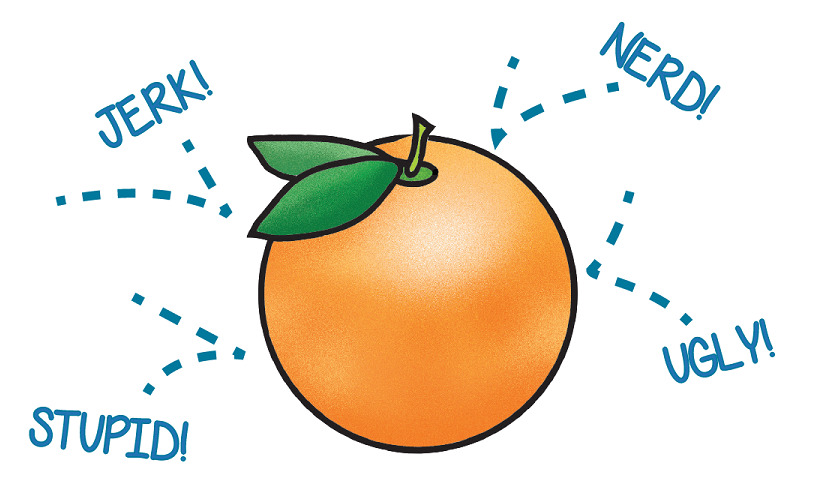I had the pleasure of doing back-to-back trainings on Monday for extended day program providers in Westwood and Natick. I do many of these trainings for before and after school program staff.
A theme that runs through these trainings and discussions is entitlement and lack of respectful interactions from both children and parents.
One example of this: As a special treat, staff took out a Wii to play old school video games. The kids were given a choice to go to the gym or play on the Wii. Those that stayed to play on the Wii were put in a timed rotation system so that everyone had turns and a fair chance to play. A particular child opted to go the gym instead. When his mother picked him up, he spotted the video games and demanded a turn. Staff told him and his mother that there was a system in place and that he had chosen not to participate. His mother demanded he receive a turn as he grew upset, and was told that disrupting the system was not going to happen. As staff left to dismiss other children, they came back to discover that the mother had taken it upon herself to tell the other children they had to stop playing, and her son was using the game.
Another example: A child was given the choice of doing an art project or going outside to the playground. She chose to go outside. At pick-up time, she decided she now wanted to do the project and was told the day was over. As she threw a tantrum, her mother requested that staff put the materials together for her to take home.
Other ways that entitlement is encouraged:
- Asking that exceptions be made for a child;
- Doing everything for a child that the child is capable of doing;
- Undermining adults who care for the child in front of the child;
- Not enforcing the use of basic manners and asking politely instead of making demands; and,
- Any way that we give children the power of one of the needs of many.
Yes, there are kids with specific needs that may need extra support in learning that these basic manners and rules apply to everyone. Challenges such as ADHD are definitely a reason that some things are harder to learn and accomplish, but never an excuse for treating other people poorly.















